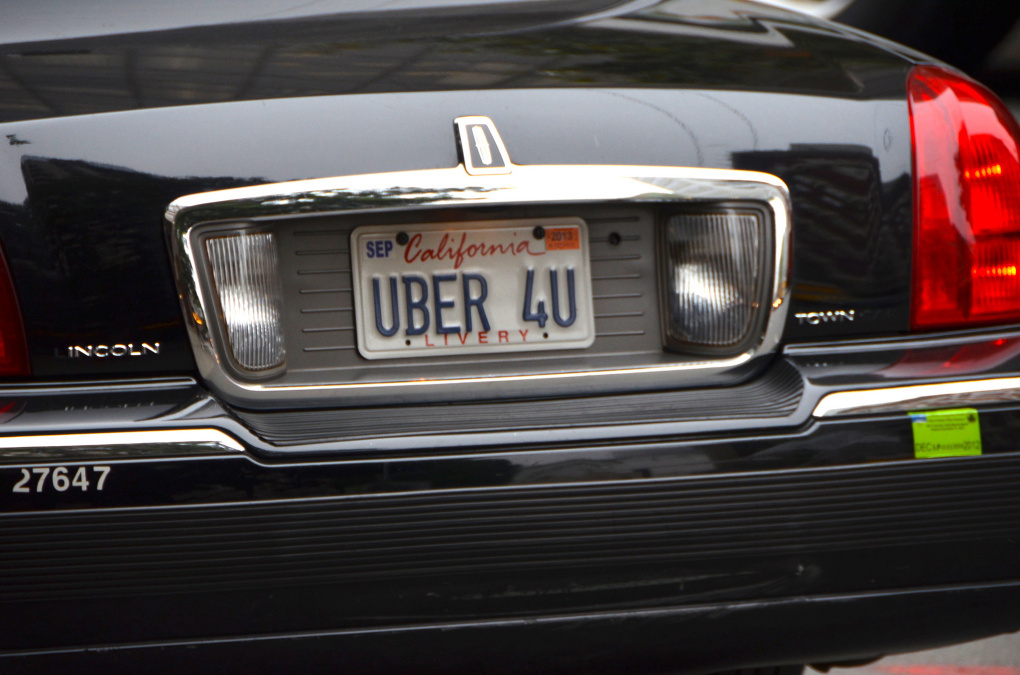Judge: Uber Contract Forcing Drivers Into Arbitration Contradicts Itself

(afagen)
There can be advantages to arbitration (see the most recent season of the HBO program Silicon Valley) but the process generally puts consumers and individuals who might be able to sue in a class action at a disadvantage, forcing them to enter arbitration individually instead of suing together in a class action. In the case of the one former driver who argued before the Department of Labor, Uber’s counter-argument is that she signed the company’s newer driver contract, which requires that all disputes be taken to an arbitrator to decide whether the case should be arbitrated. Or taken to a judge.
That’s the problem that the city judge had, actually: the contract says both, contradicting itself. The judge ruled that the case doesn’t have to go to arbitration, and Uber has appealed that decision.
Class actions are for people who have similar problems with the same entity: they may have all bought the same underweight canned fish, invested in the same company, visited the same museum, or somehow become convinced that choco-hazelnut-sugar spread is a health food. Uber’s argument in the potentially massive class action suit in California has been that their drivers go to work for the service for different reasons and are free to turn the app on and off whenever they like, and that means they don’t have enough in common to sue as a class. So far, the courts have disagreed.
While it’s not directly related, local and state officials ruling that Uber drivers have the right to file lawsuits instead of arbitrating disputes is important, since it brings all drivers back into the potential class, not just those who signed contracts before the arbitration provision was added.
Uber Loses Bid to Force Arbitration on California Driver [Bloomberg News]
Want more consumer news? Visit our parent organization, Consumer Reports, for the latest on scams, recalls, and other consumer issues.

